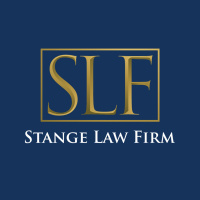Bloomington Family Law Lawyer, Illinois
Includes: Collaborative Law, Domestic Violence & Neglect, Paternity, Prenuptial Agreements
Stange Law Firm, PC
Divorce & Family Law, Child Custody, Child Support, Prenuptial Agreements, Paternity
Going through a divorce or family law matter can be an emotional time. You may feel betrayed, lost or overwhelmed. Having an attorney that can relate ... (more)
FREE CONSULTATION
CONTACTJohn Paul Schwulst
Estate Planning, Family Law, Divorce, Criminal, Divorce & Family Law
Status: In Good Standing Licensed: 53 Years
David Gerard Armstrong
Estate Administration, Estate Planning, Family Law, Civil Rights
Status: In Good Standing


